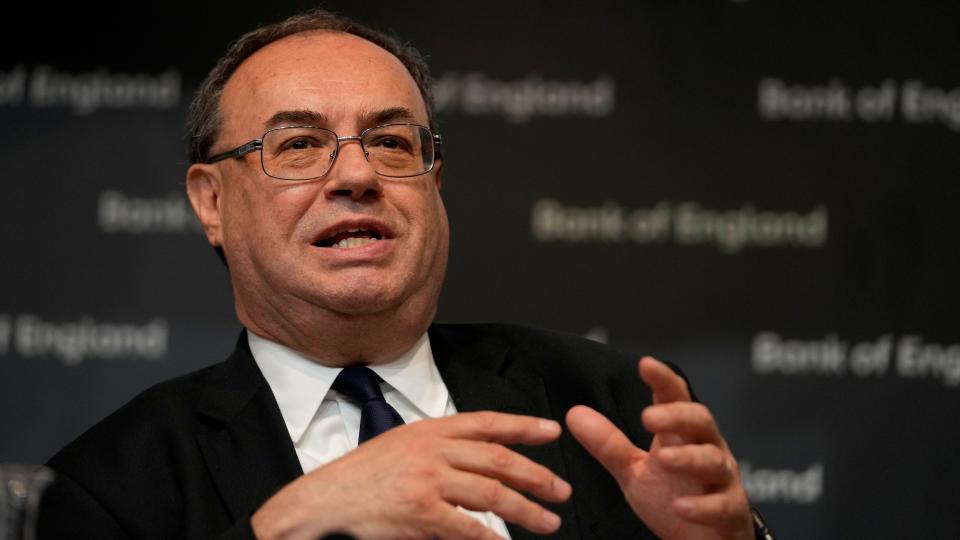Stablecoins Need to Be Regulated Like Commercial Bank Money, Bank of England's Andrew Bailey Says

Join the most important conversation in crypto and web3! Secure your seat today
Stablecoins would need to be regulated like commercial bank money, said Bank of England (BoE) Governor Andrew Bailey in a Wednesday speech at the Institute of International Finance.
Bailey said that stablecoins, which are digital currencies pegged to the value of other assets like fiat currencies, "purport" to be money but do not have an assured value.
"At the Bank of England we have concluded that the public should expect assured value in digital money, and confidence in this is needed to underpin financial stability," Bailey said.
"For stablecoins to function as money they will need to have the characteristics of, and be regulated as, inside money," he added, referring to money issued by private entities like commercial banks.
The collapse of Terra's algorithmic stablecoin terraUSD (UST) last year wiped out billions of dollars from the crypto market and prompted regulators to question the stability of stablecoins.
Shortly after the collapse last May, the BoE announced plans for a regime to monitor stablecoins that can influence the broader financial system. The U.K. government is also consulting on new rules for crypto broadly. Separately, the country is looking to regulate stablecoins as payment under the new Financial Services and Markets Bill being debated in Parliament.
Read more: What the Bank of England’s Stablecoins Regime Could Look Like
When it comes to digital money, regulators cannot rule out a central bank digital currency, said Bailey who has previously been critical of stablecoins.
The U.K. is now exploring the issuance of a digital pound that could "anchor the value of all forms of money, including new digital ones and to ensure the maximum opportunity for innovation in payments services," according to the central banker.
Bailey also urged investors to be cautious of crypto.
"Unbacked crypto ... could be a bet, a highly speculative investment or a collectible, but note that it has no intrinsic value, so buyer be very aware," Bailey said.
Speaking later in the day at the International Monetary Fund (IMF) annual Spring Meeting, Bailey gave a warning about the problems that can come from the nonbank world, including crypto.
"Some of these problems can blow up in fairly small pockets of that world, but they have the ability to spread in ways that we didn't necessarily initially predict," Bailey said.
Read more: UK to Start Further Development Work on ‘Likely Needed’ Digital Pound
Update (April 12, 2023, 20:18 UTC): Added Andrew Bailey's International Monetary Fund comment.

 Yahoo Finance
Yahoo Finance 